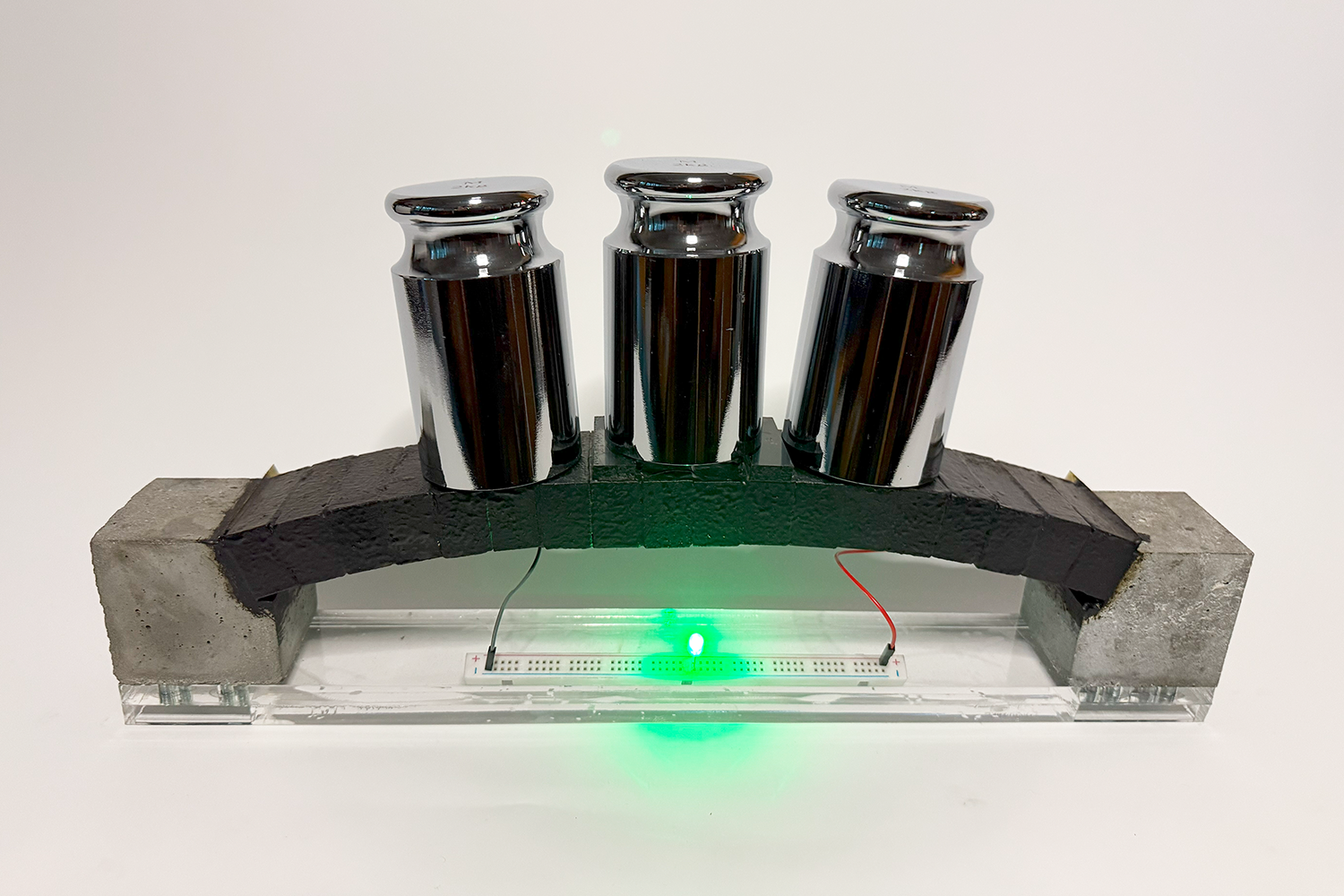 Concrete “battery” developed at MIT now packs 10 times the powerImproved carbon-cement supercapacitors could turn the concrete around us into massive energy storage systems.
Concrete “battery” developed at MIT now packs 10 times the powerImproved carbon-cement supercapacitors could turn the concrete around us into massive energy storage systems.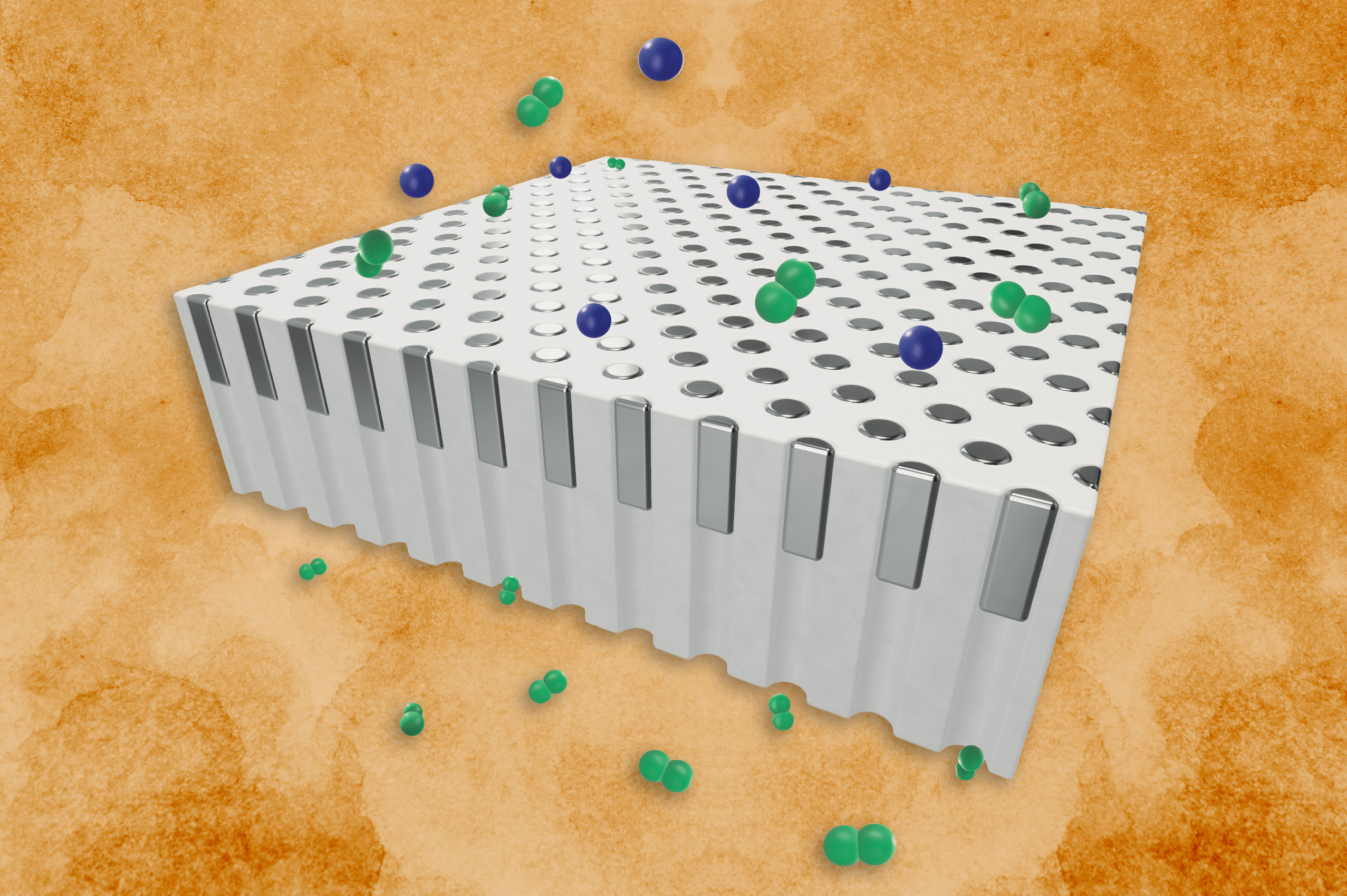 Palladium filters could enable cheaper, more efficient generation of hydrogen fuelThe novel design allows the membranes to withstand high temperatures when separating hydrogen from gas mixtures.
Palladium filters could enable cheaper, more efficient generation of hydrogen fuelThe novel design allows the membranes to withstand high temperatures when separating hydrogen from gas mixtures.
- Concrete “battery” developed at MIT now packs 10 times the powerImproved carbon-cement supercapacitors could turn the concrete around us into massive energy storage systems.

- Palladium filters could enable cheaper, more efficient generation of hydrogen fuelThe novel design allows the membranes to withstand high temperatures when separating hydrogen from gas mixtures.

- A cysteine-rich diet may promote regeneration of the intestinal lining, study suggestsThe findings may offer a new way to help heal tissue damage from radiation or chemotherapy treatment.
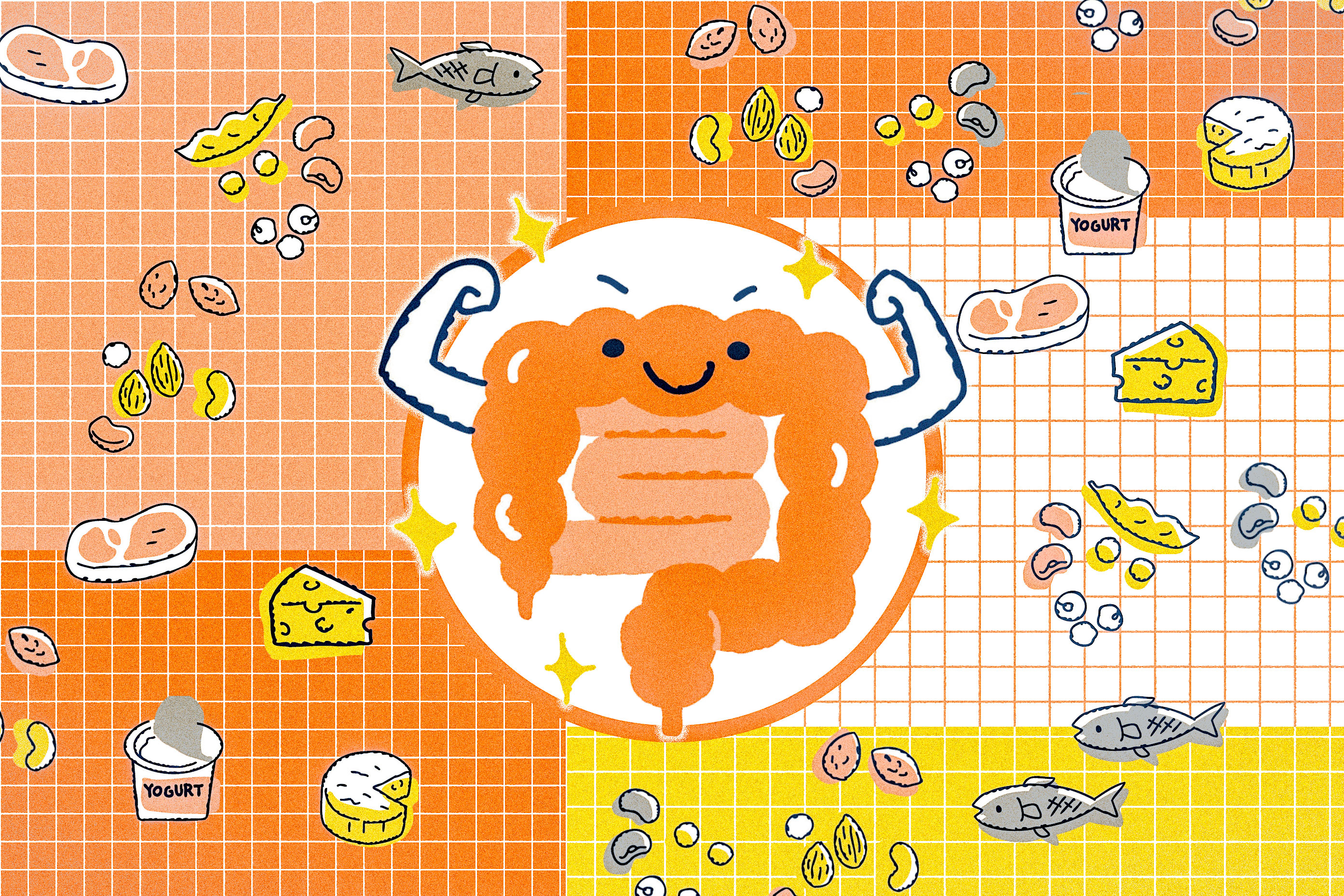
- System lets people personalize online social spaces while staying connected with othersBy enabling users to easily create social apps that serve communities’ needs, the Graffiti framework aims to promote healthier online interactions.
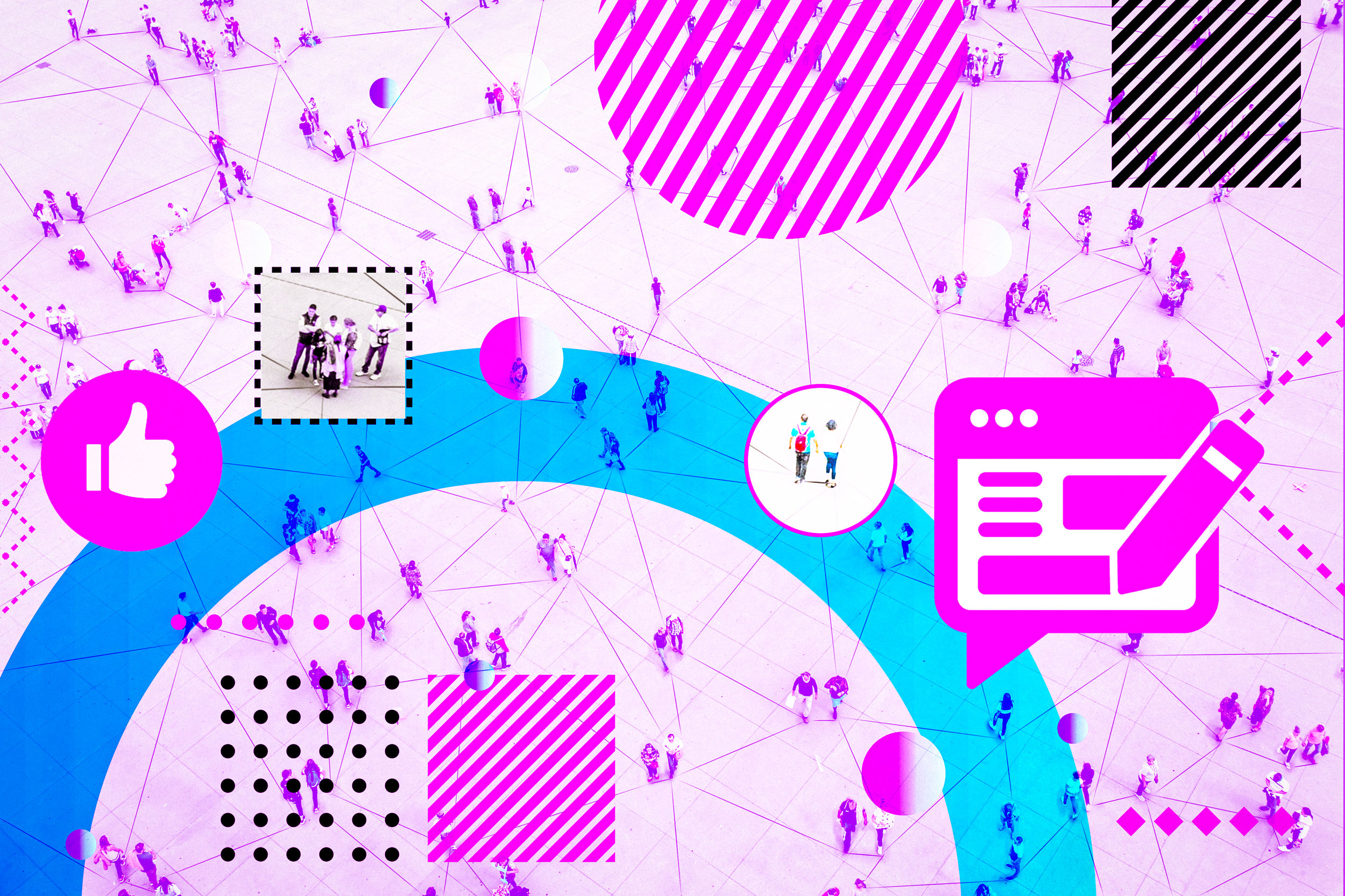
- MIT cognitive scientists reveal why some sentences stand out from othersSentences that are highly dissimilar from anything we’ve seen before are more likely to be remembered accurately.
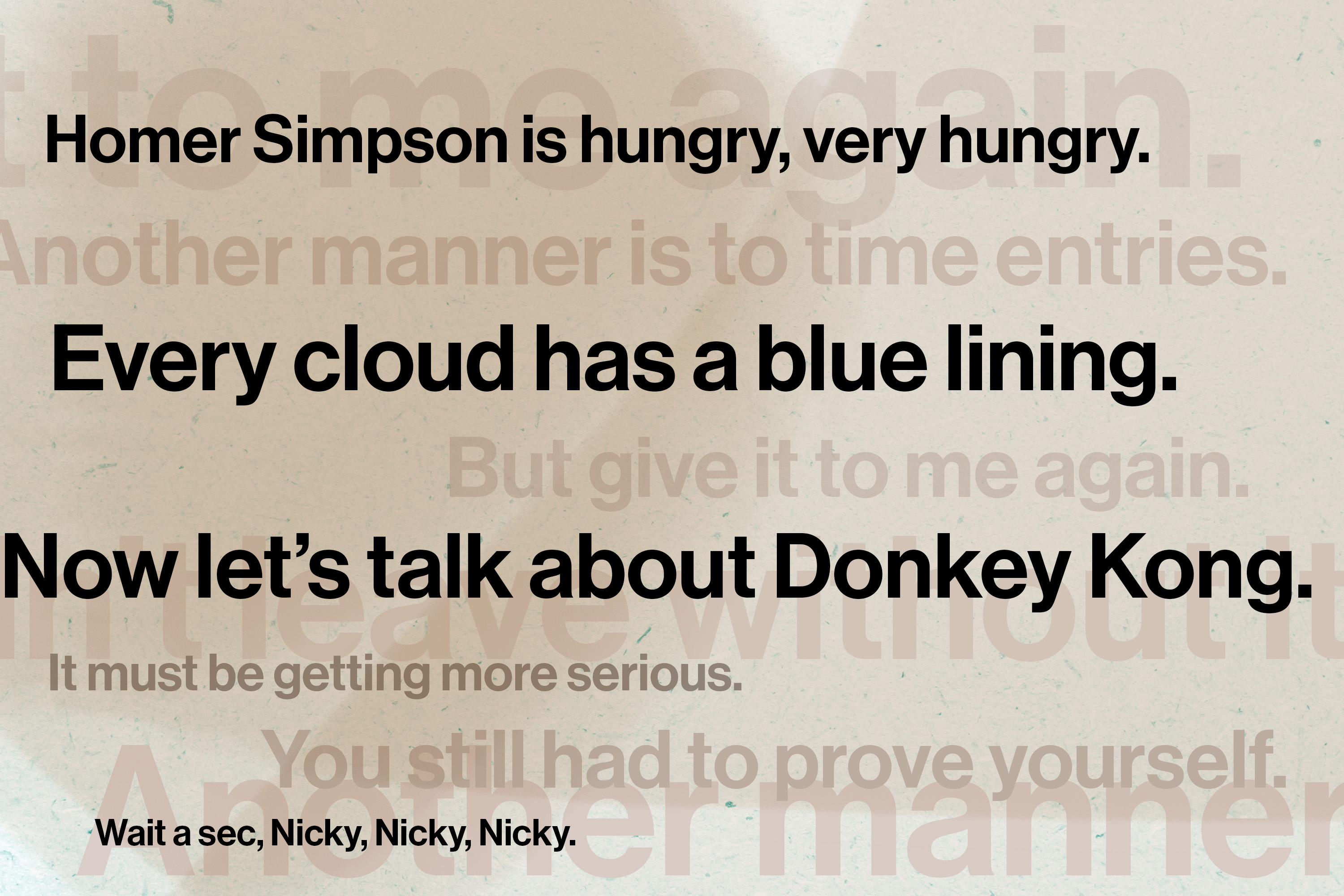
- 3 Questions: Addressing the world’s most pressing challengesMihaela Papa discusses the BRICS Lab, her role at the Center for International Studies, and the center's ongoing ambition to tackle the world's most complex challenges in new and creative ways.
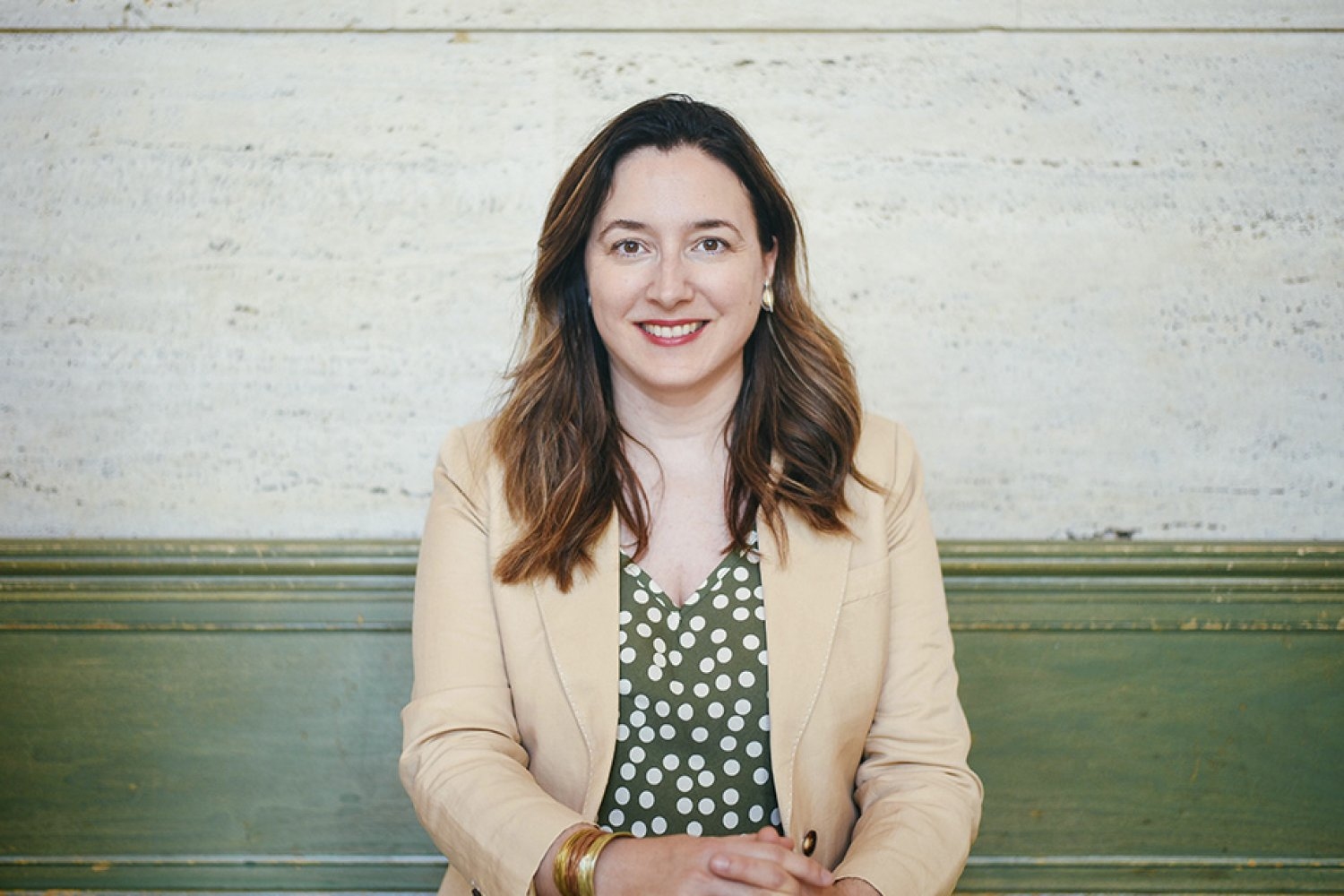
- Saab 340 becomes permanent flight-test asset at Lincoln LaboratoryThe aircraft supports development and testing of diverse technologies for national security.

- 3 Questions: How a new mission to Uranus could be just around the cornerPhD student Chloe Gentgen discusses why the ice giant is such a high-priority solar system target, and how the Starship launch vehicle may hasten our explorations there.
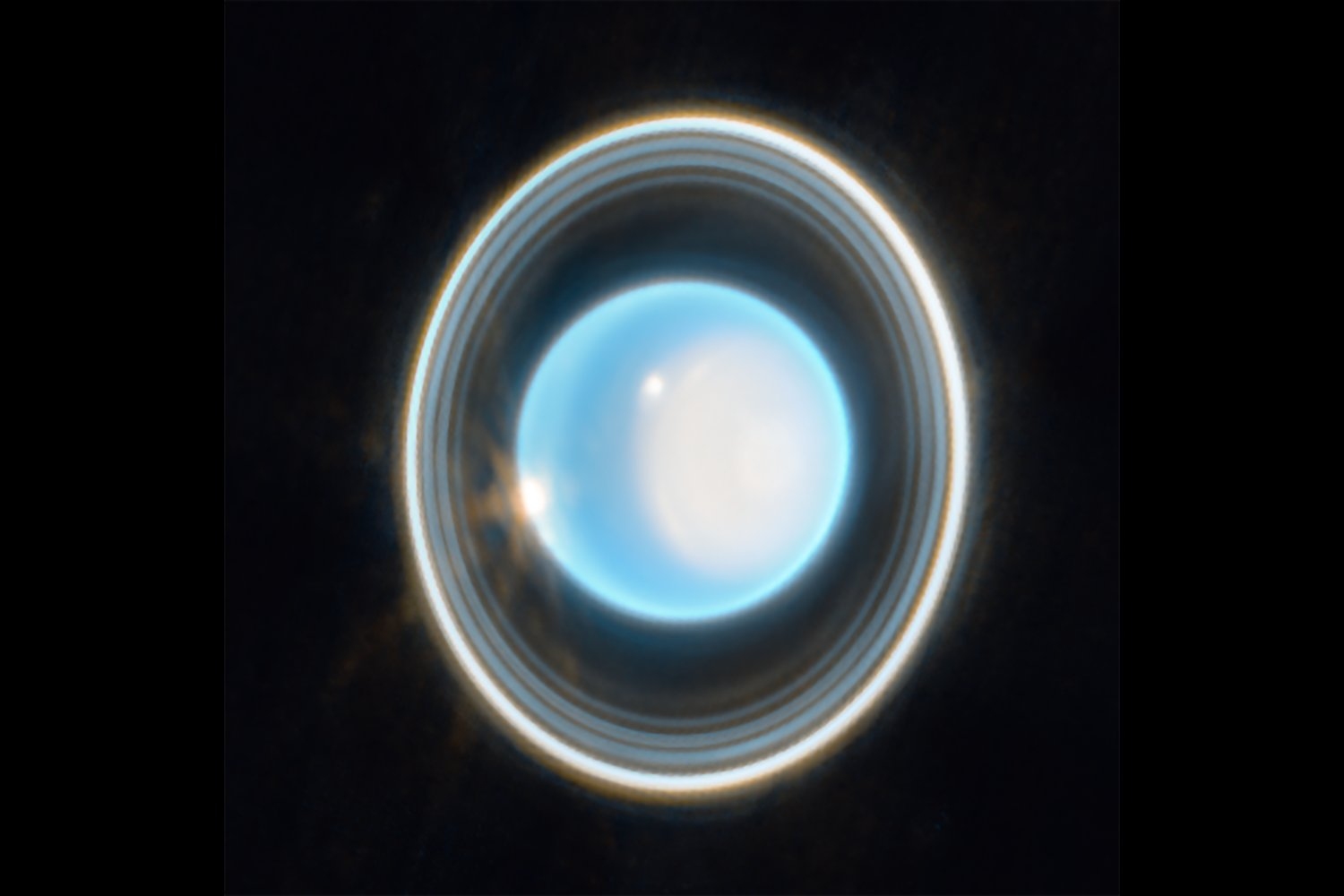
- MIT joins in constructing the Giant Magellan TelescopeThe major public-private partnership is expected to strengthen MIT research and US leadership in astronomy and engineering.
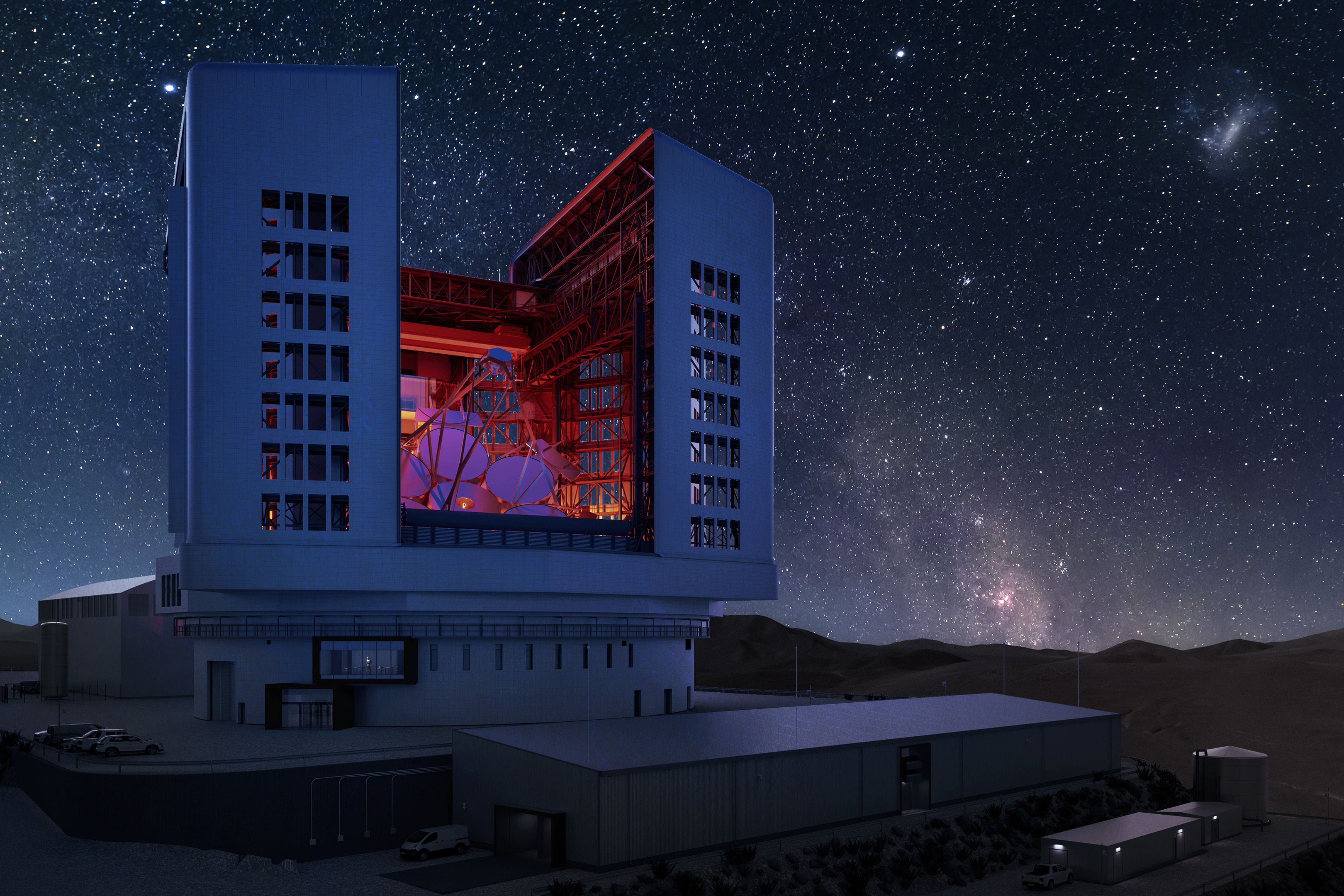
- Responding to the climate impact of generative AIExplosive growth of AI data centers is expected to increase greenhouse gas emissions. Researchers are now seeking solutions to reduce these environmental harms.

- The first animals on Earth may have been sea sponges, study suggestsMIT researchers traced chemical fossils in ancient rocks to the ancestors of modern-day demosponges.
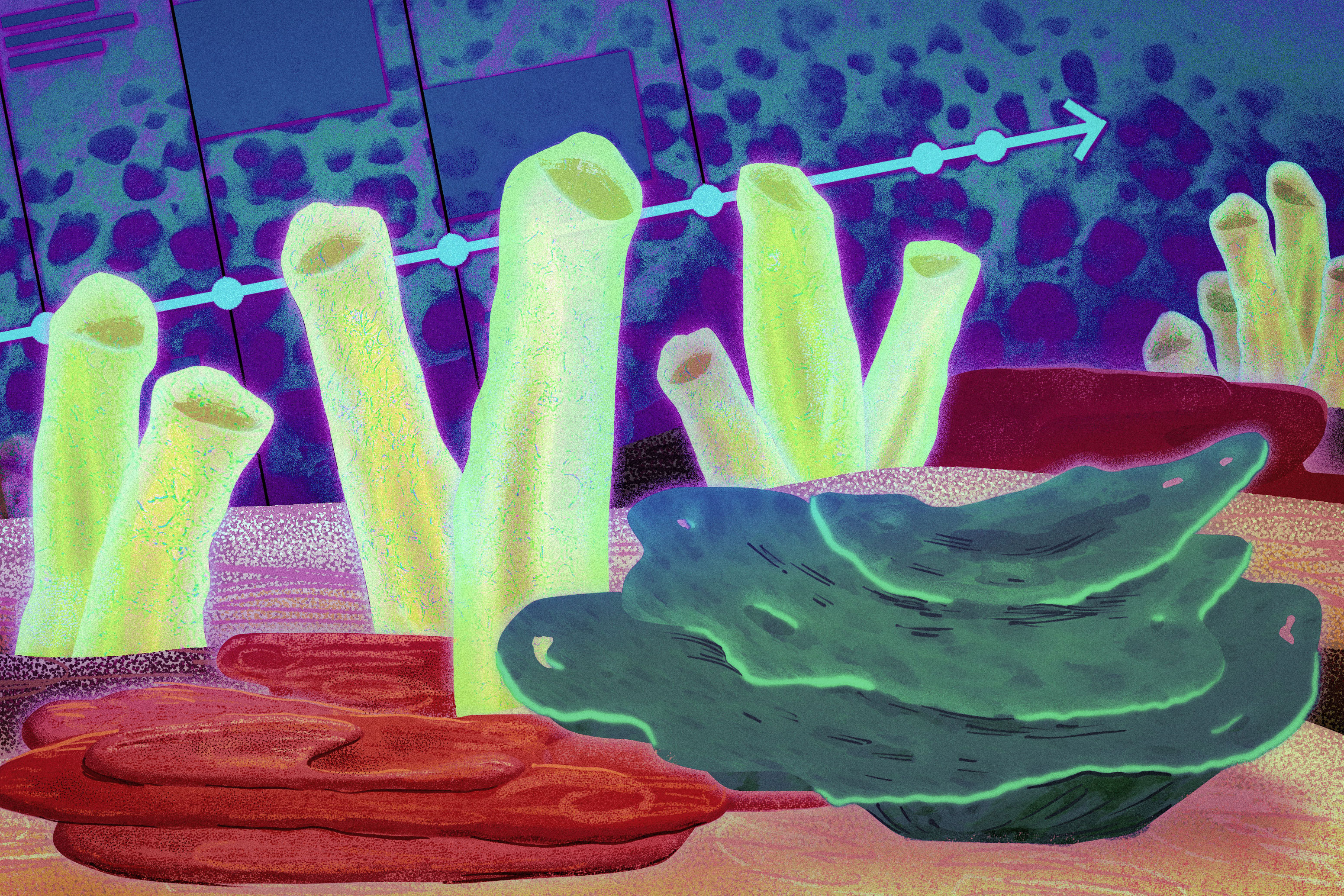
- How the brain splits up vision without you even noticingAs an object moves across your field of view, the brain seamlessly hands off visual processing from one hemisphere to the other like cell phone towers or relay racers do, a new MIT study shows.

- How federal research support has helped create life-changing medicinesA new study finds over half the drugs approved this century cite government-funded research in their patents.
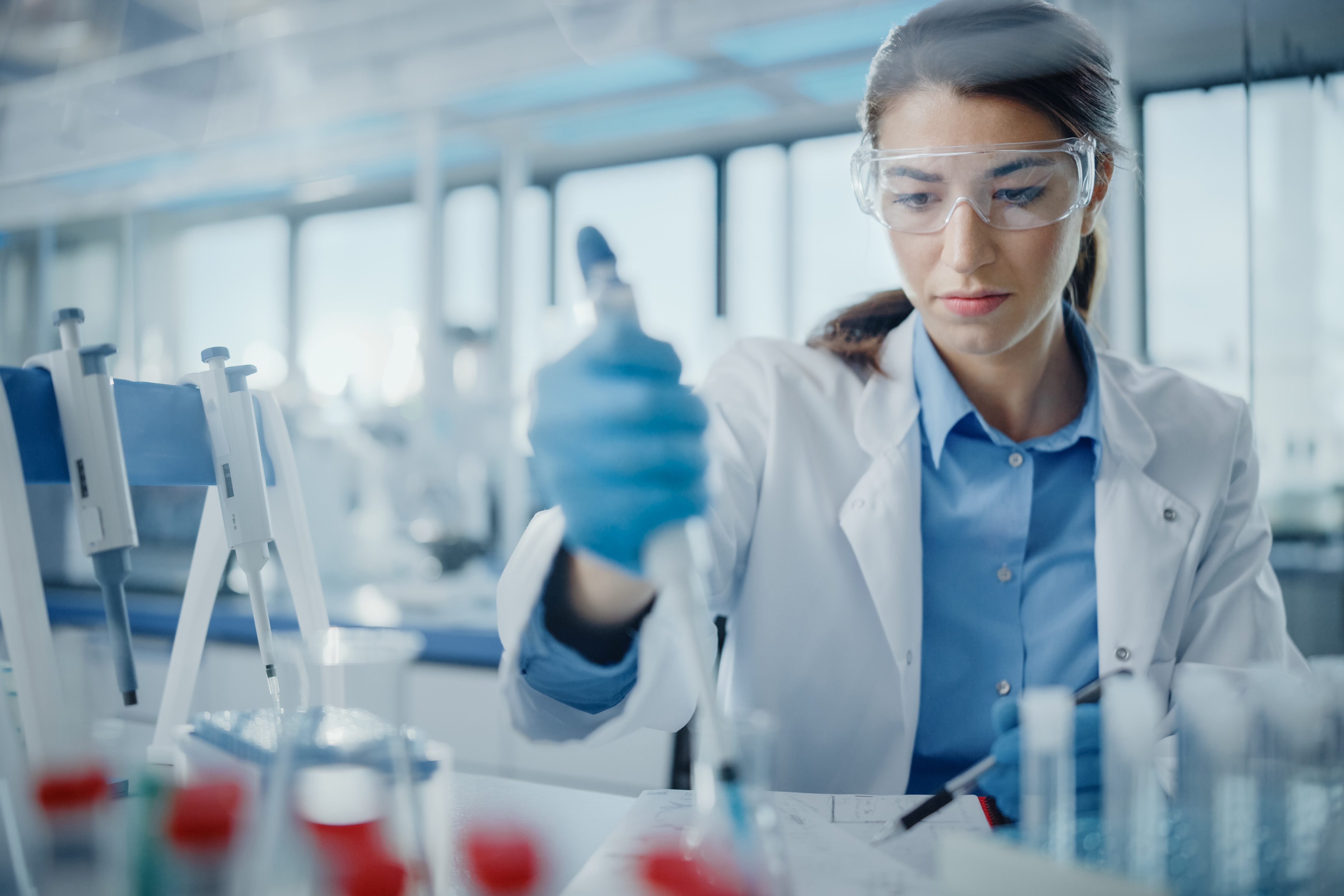
- AI system learns from many types of scientific information and runs experiments to discover new materialsThe new “CRESt” platform could help find solutions to real-world energy problems that have plagued the materials science and engineering community for decades.
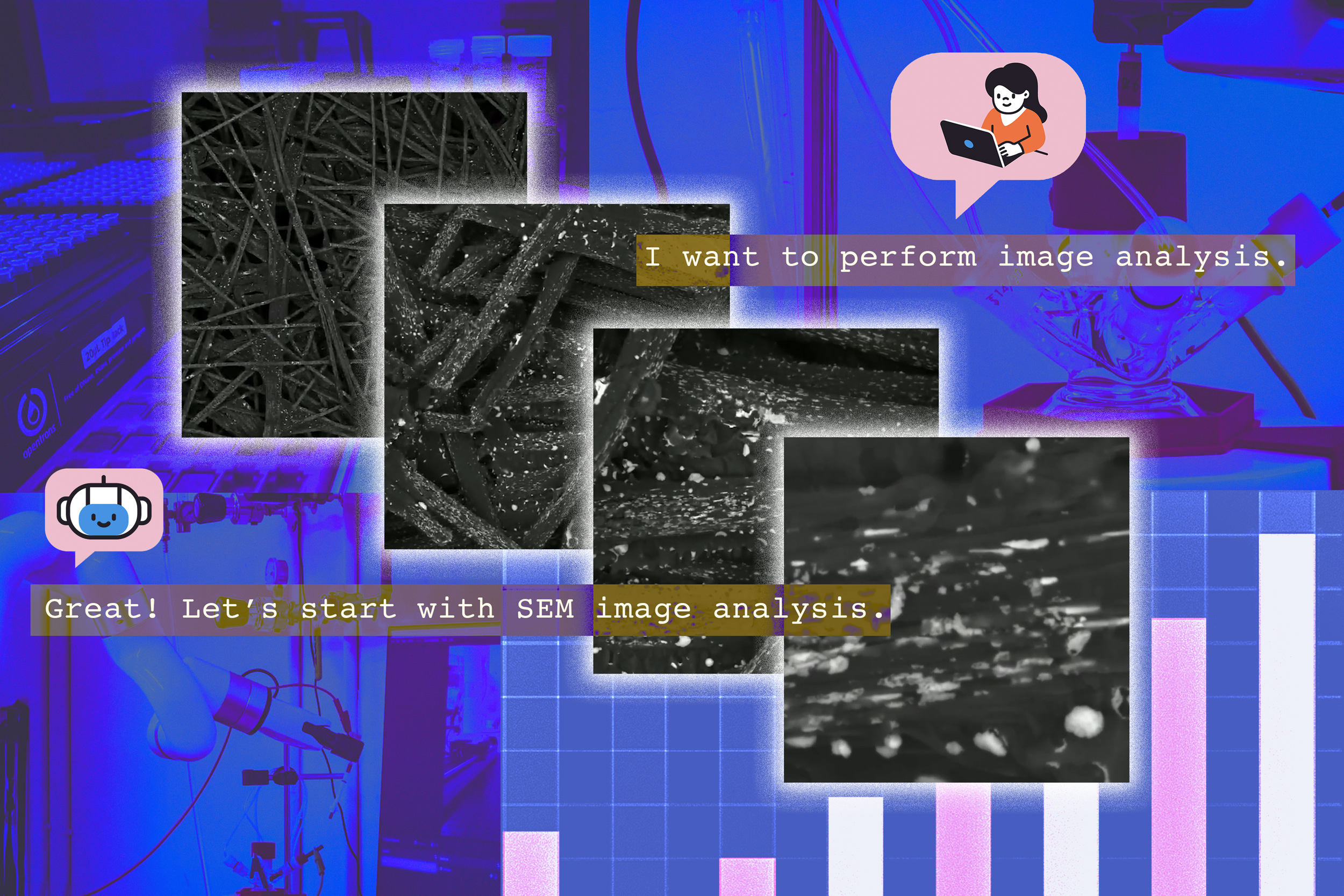
- Study shows mucus contains molecules that block Salmonella infectionMIT researchers now hope to develop synthetic versions of these molecules, which could be used to treat or prevent foodborne illnesses.
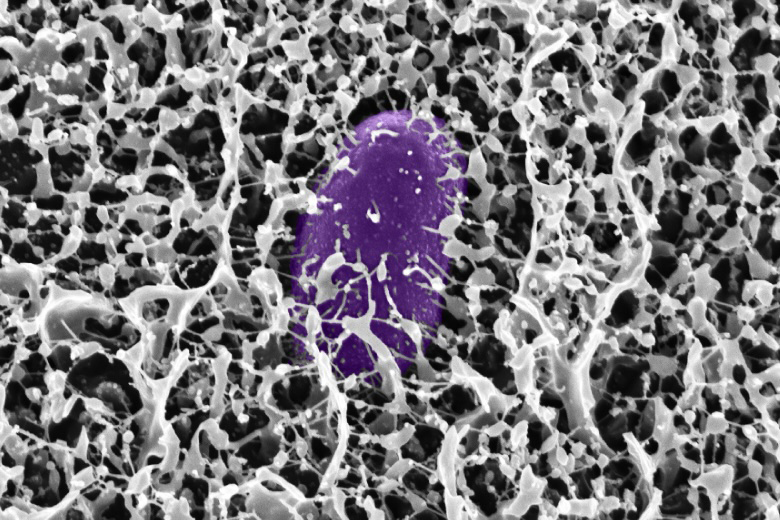
- New AI system could accelerate clinical researchBy enabling rapid annotation of areas of interest in medical images, the tool can help scientists study new treatments or map disease progression.
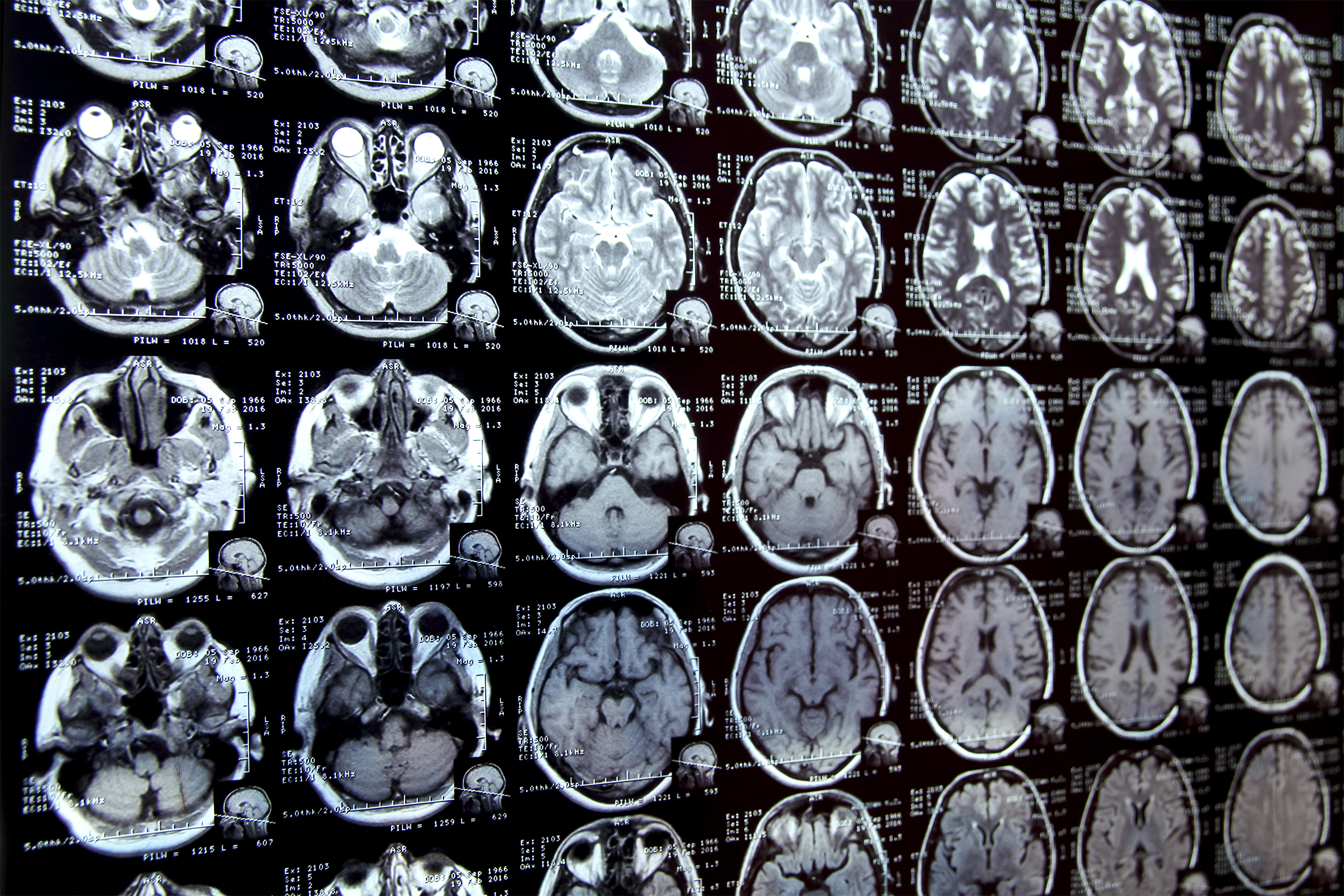
- Technique makes complex 3D printed parts more reliableNew research enables computer designs to incorporate the limitations of 3D printers, to better control materials’ performance in aerospace, medical, and other applications.
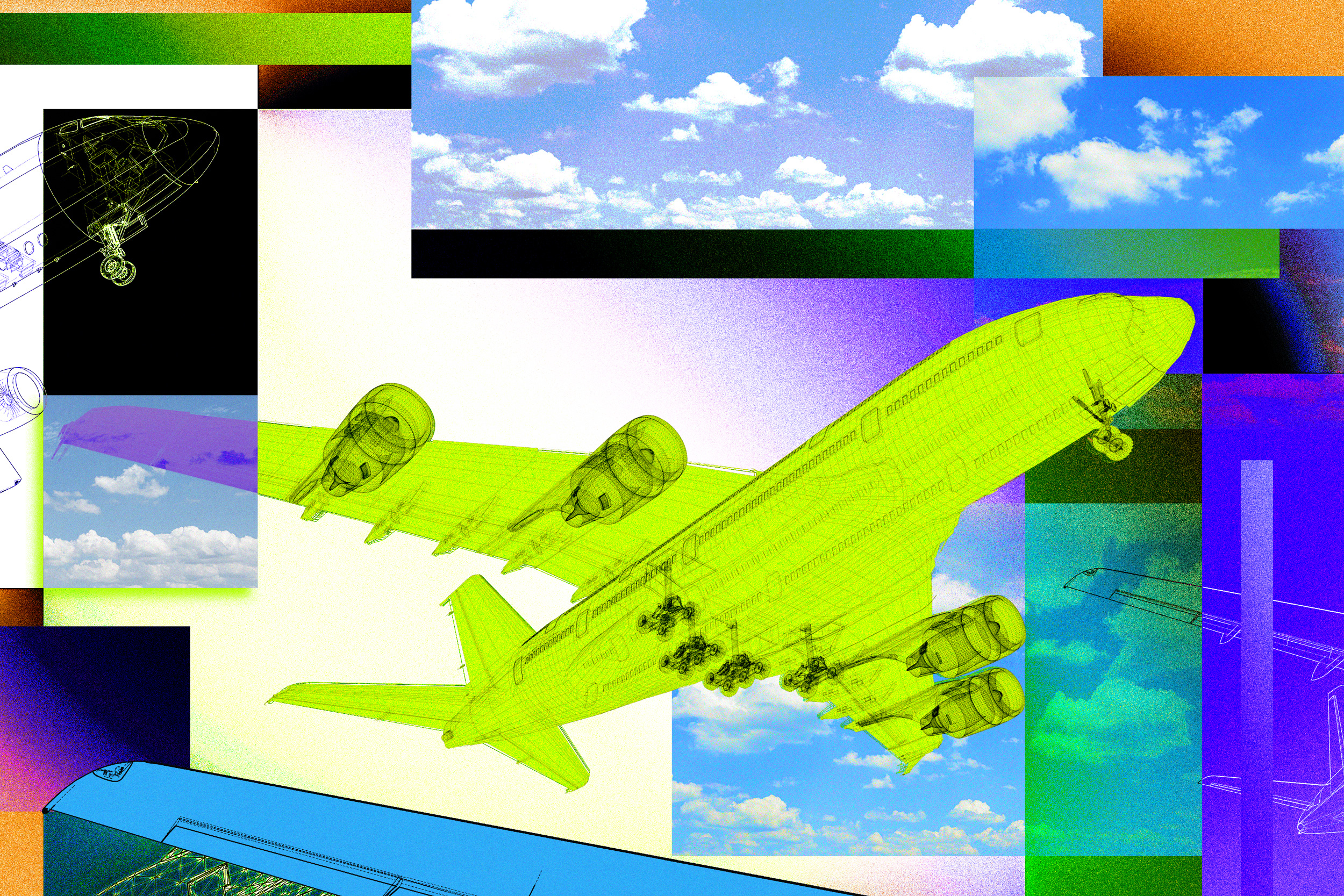
- MIT engineers develop a magnetic transistor for more energy-efficient electronicsA new device concept opens the door to compact, high-performance transistors with built-in memory.

- MIT’s work with Idaho National Laboratory advances America’s nuclear industryThe collaboration has led to new fuels and a variety of other projects to enable clean, safe nuclear energy.
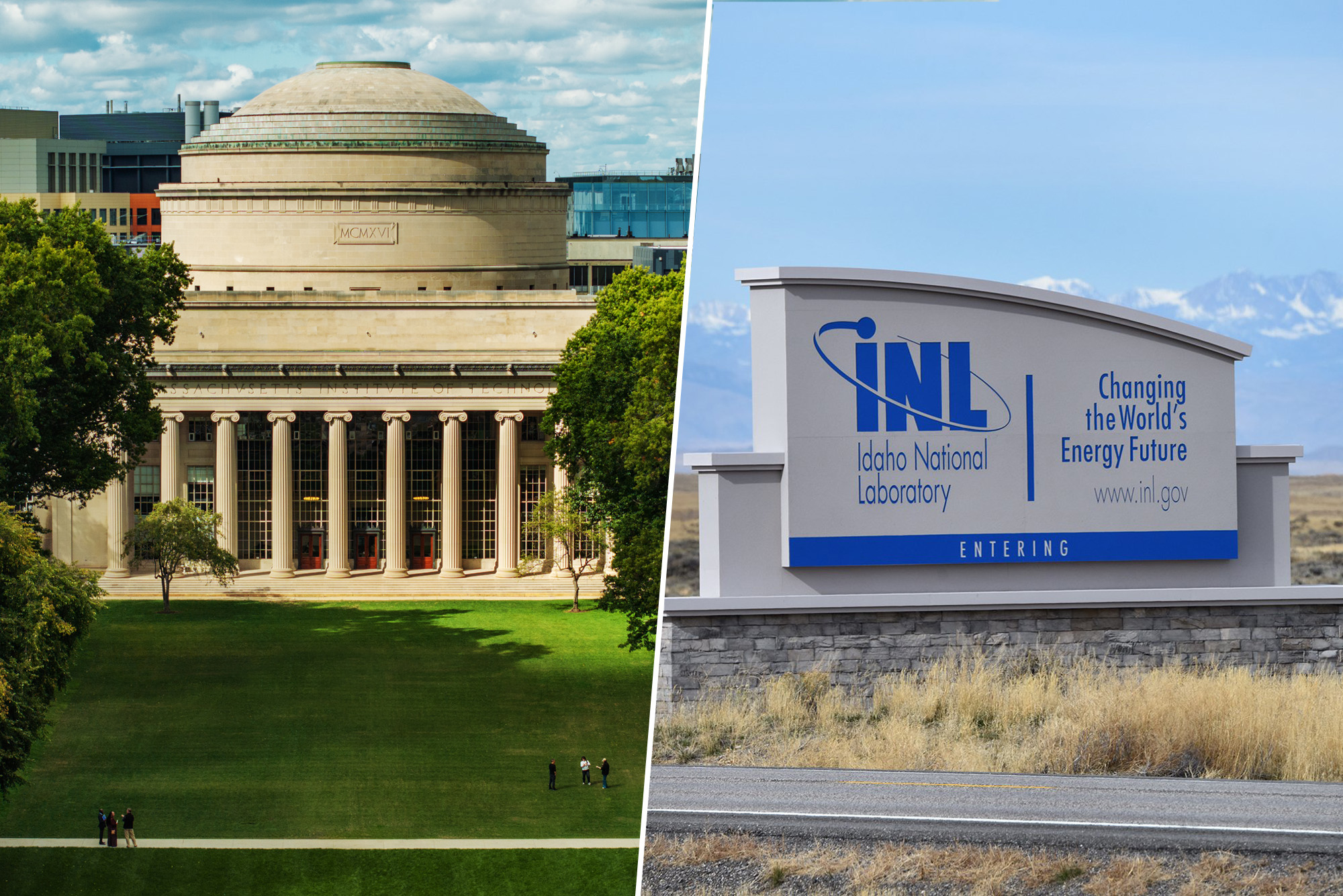
- MIT affiliates win AI for Math grants to accelerate mathematical discoveryDepartment of Mathematics researchers David Roe and Andrew Sutherland seek to advance automated theorem proving; four additional MIT alumni also awarded.
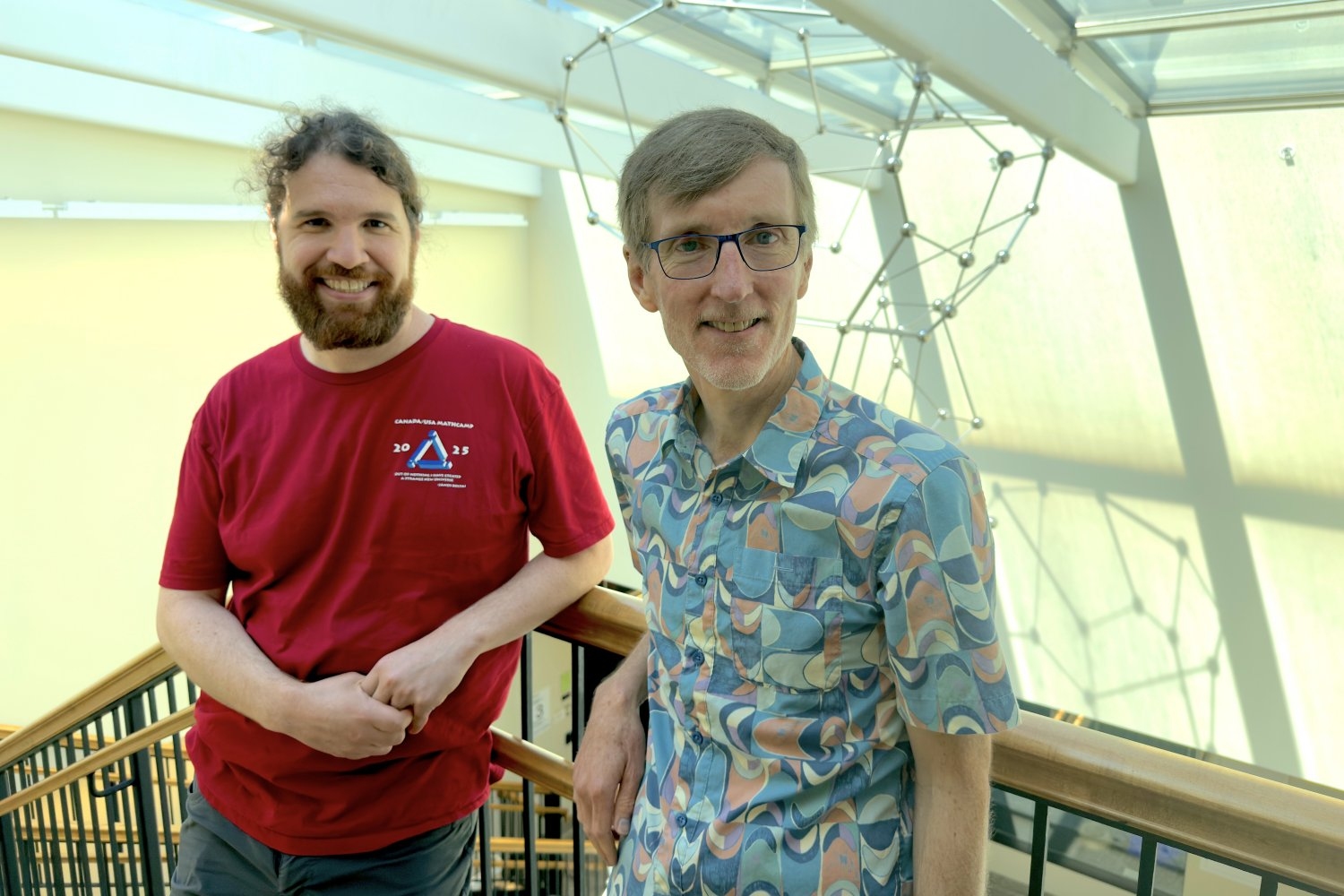
Load more...
Loading...


